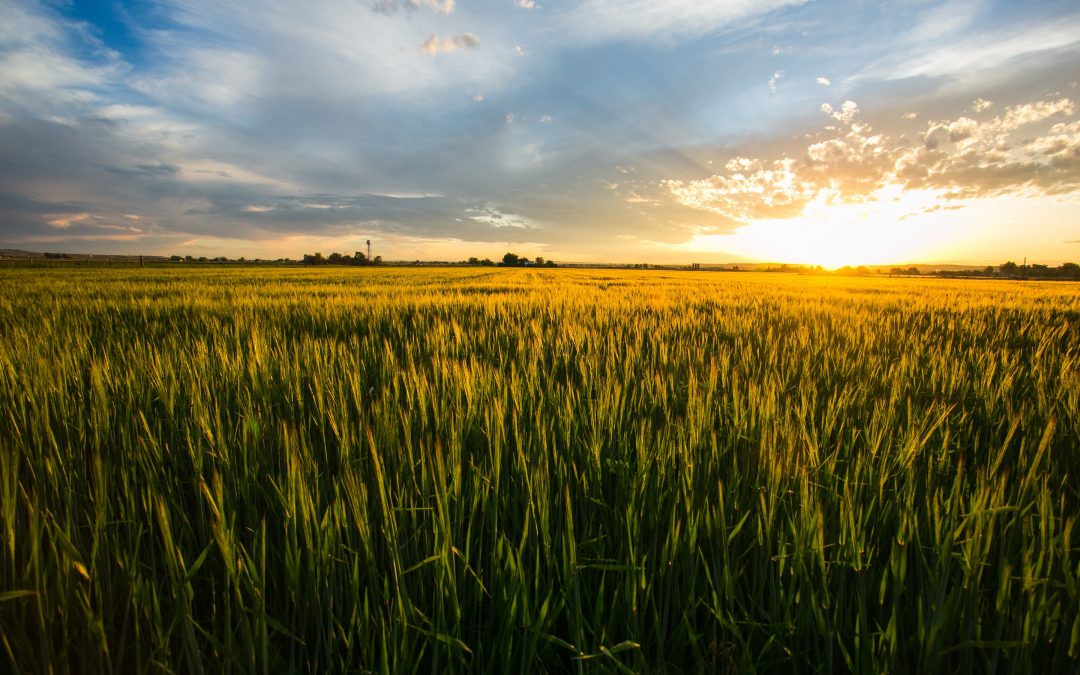
by radiocafe | Sep 20, 2022 | Activism, Down to Earth, Environment, Food & agriculture, Politics
Farm Action’s Sarah Carden is a small farmer who knows the difficulties of competing against giant food conglomerates. But better policy could help smaller farms provide healthy food and keep more profits for food producers––rather than executives and stockholders.
Learn more …
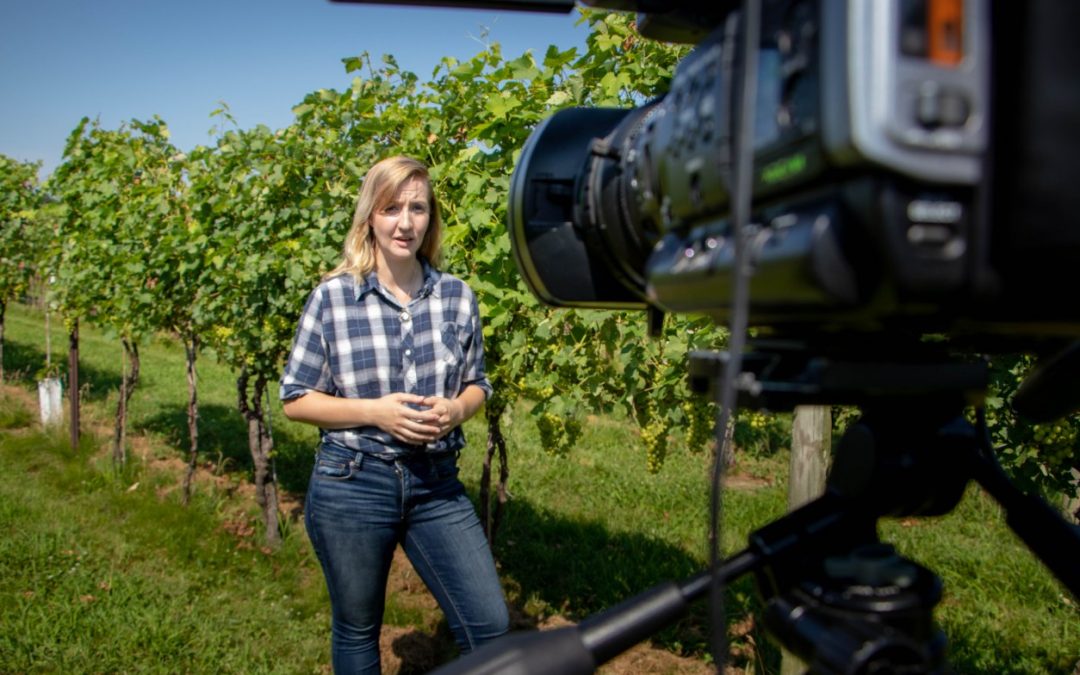
by radiocafe | Sep 6, 2022 | Down to Earth, Food & agriculture
Both big ag and small family farms have their problems…but what’s the alternative? We talk with agricultural journalist Sarah Mock about the some possible models.
Learn more …
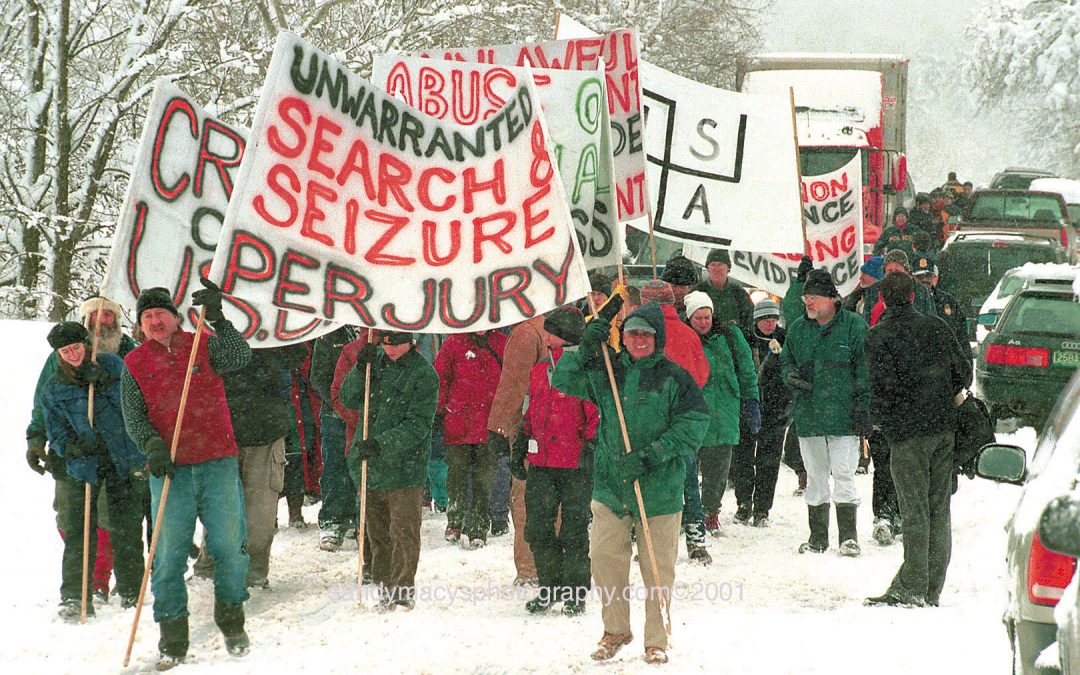
by radiocafe | Aug 23, 2022 | Activism, Down to Earth, Food & agriculture, Science & health
Linda and Larry Faillace imported milk sheep following USDA guidelines and started a cheese making business in Vermont––only to have their animals confiscated and killed by the USDA under the pretext of a disease that sheep don’t get. Listen to find out why.
Learn more …

by radiocafe | Aug 9, 2022 | Down to Earth, Environment, Food & agriculture, Native & indigenous, New Mexico, Politics
New Mexico Congresswoman Teresa Leger Fernandez is working not only to help the people and businesses affected by fires and floods, but also to build back land that is more resilient. All of which is easier said than done.
Learn more …
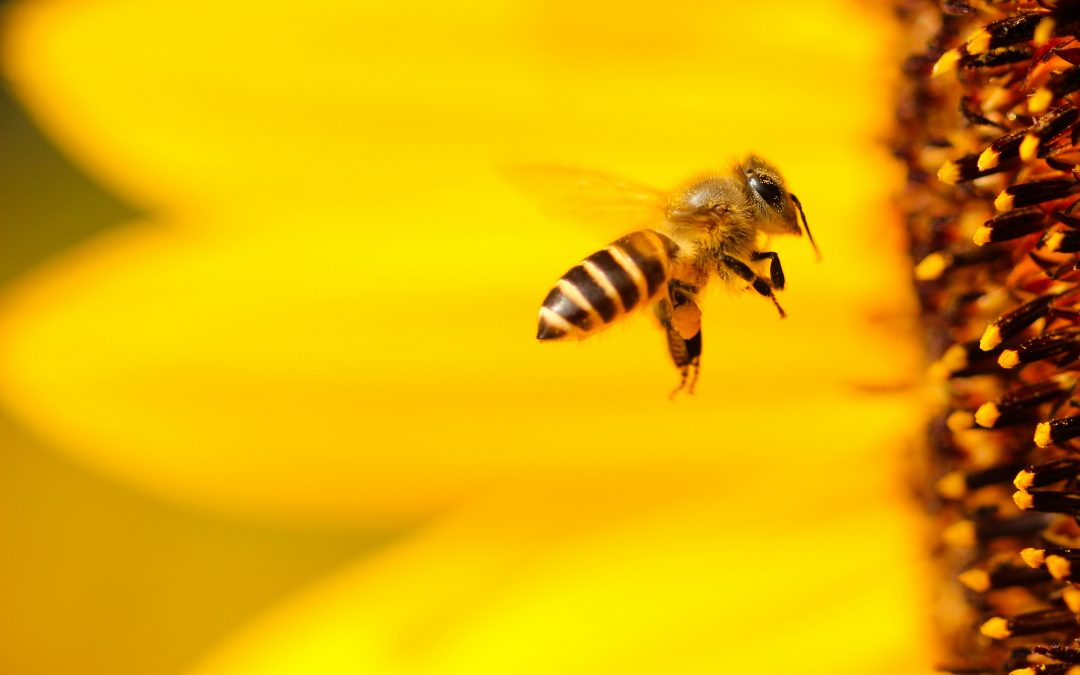
by radiocafe | Jul 26, 2022 | Down to Earth, Environment, Food & agriculture, Native & indigenous, New Mexico
Bees and other pollinators are facing threats from industrialization and habitat fragmentation. Beekeeper, scientist, and indigenous teacher Melanie Kirby knows that bees are vital to the food we eat—and is showing the way forward.
Learn more …
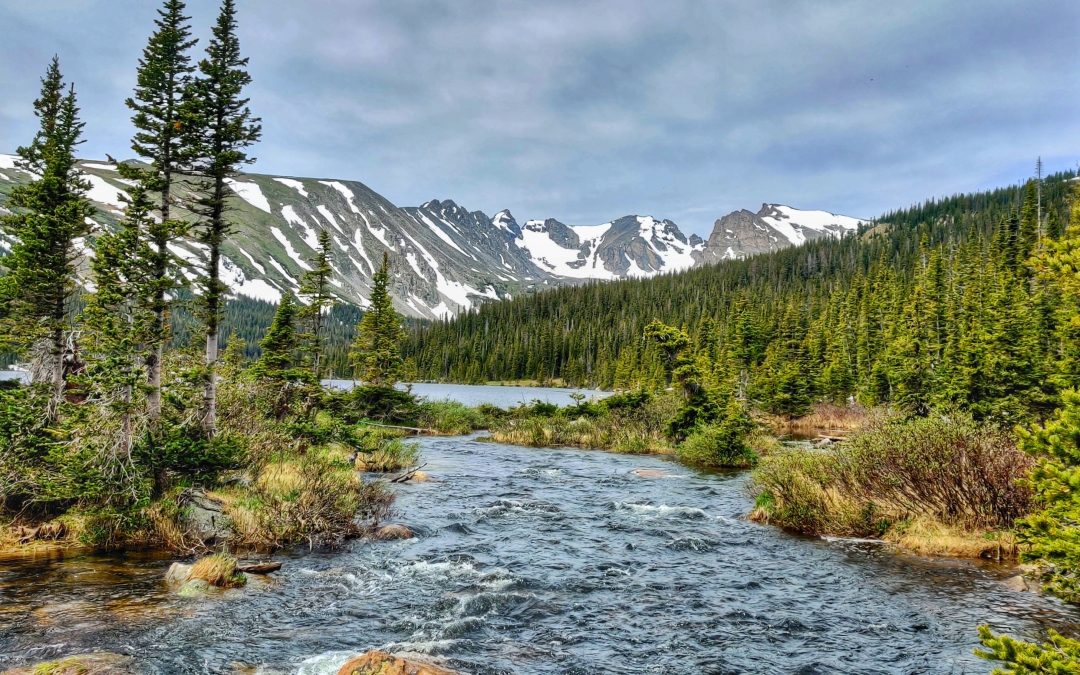
by radiocafe | Jul 12, 2022 | Down to Earth, Environment, Food & agriculture
Carol Ekarius has worked in both large- and small-scale farming, and has written many books for hobby farmers. And she’s led organizations devoted to watershed restoration and sustainable agriculture. She talks about the daunting challenges ahead—and gives us some reasons for hope.
Learn more …

by radiocafe | Jun 28, 2022 | Down to Earth, Environment, Food & agriculture, Science & health
You’ve heard of a carbon “footprint.” The idea of the “foodprint” broadens the vision from the single variable of carbon emissions to the full impact that your food has on the planet––animals, community, soil, water––and helps you to make better choices as a consumer and a citizen.
Learn more …

by radiocafe | Jun 7, 2022 | Down to Earth, Environment, Food & agriculture
When Ryland Engelhart learned that restoring soil health was a key to reversing climate change, he became an advocate for regeneration –– resulting in a film that has been seen by over six million people in 26 languages.
Learn more …
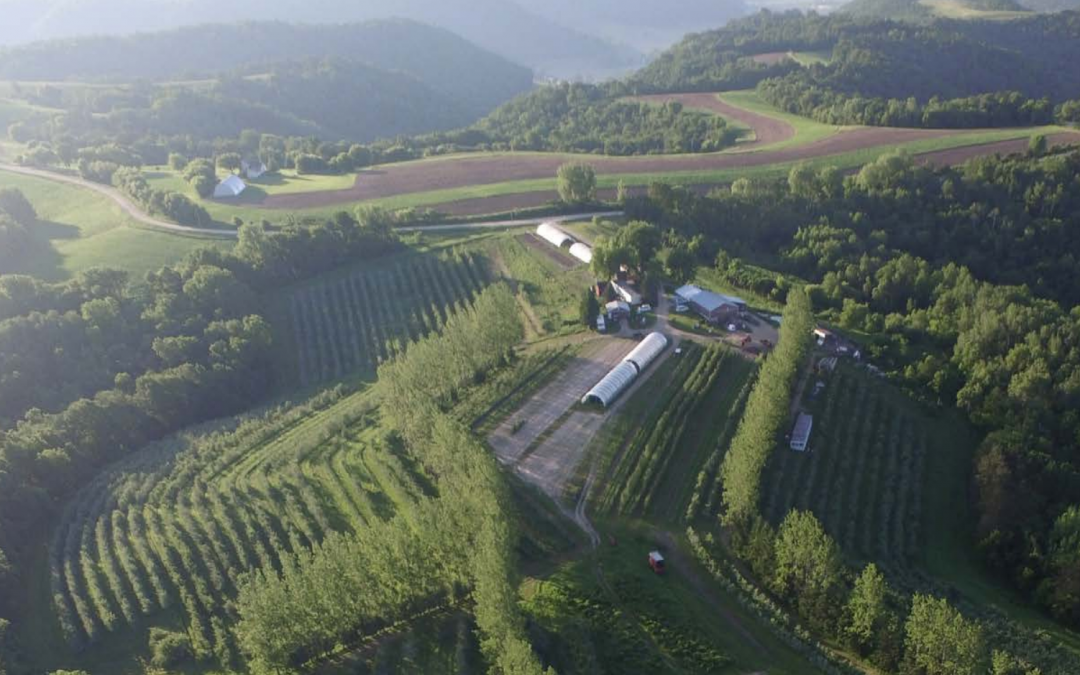
by radiocafe | May 23, 2022 | Down to Earth, Environment, Food & agriculture
Trees are an important part of most ecosystems, and they can actually make a great contribution to agriculture by providing everything from shade to soil health, water retention, wind breaks, and marketable products.
Learn more …
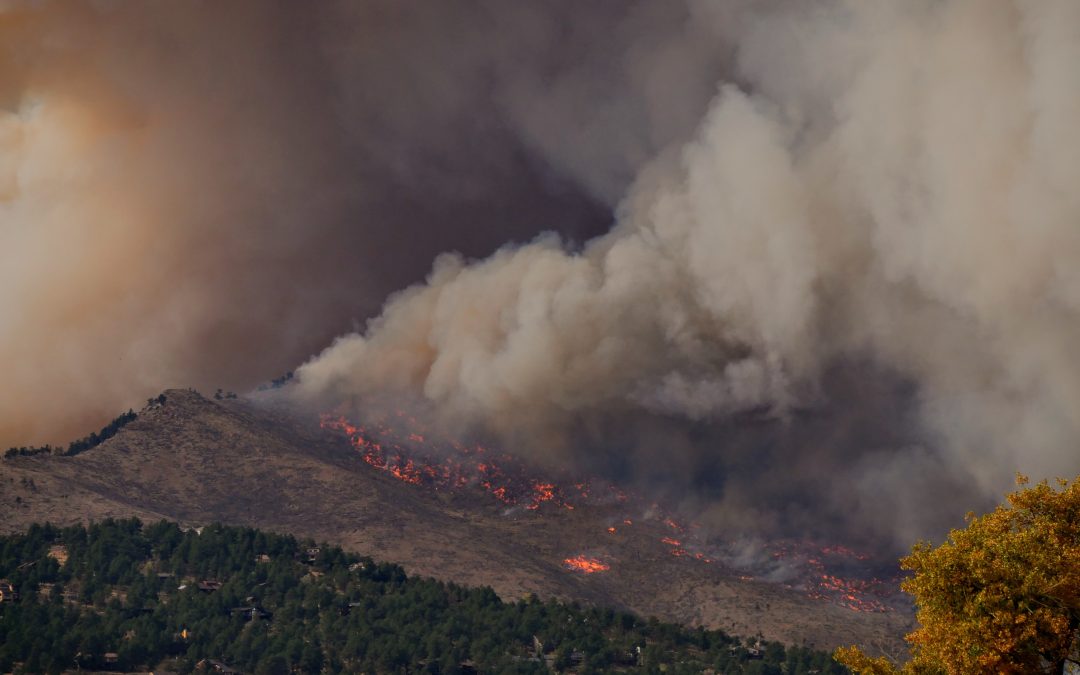
by radiocafe | May 10, 2022 | Down to Earth, Environment, Food & agriculture, New Mexico
Wildfires across the West are burning out of control and causing catastrophic losses to landscapes and communities. How did we get here, and how can we better manage fire in the future? Lesli Allison walks us through the complexities and dangers––and the critical importance of land management.
Learn more …










